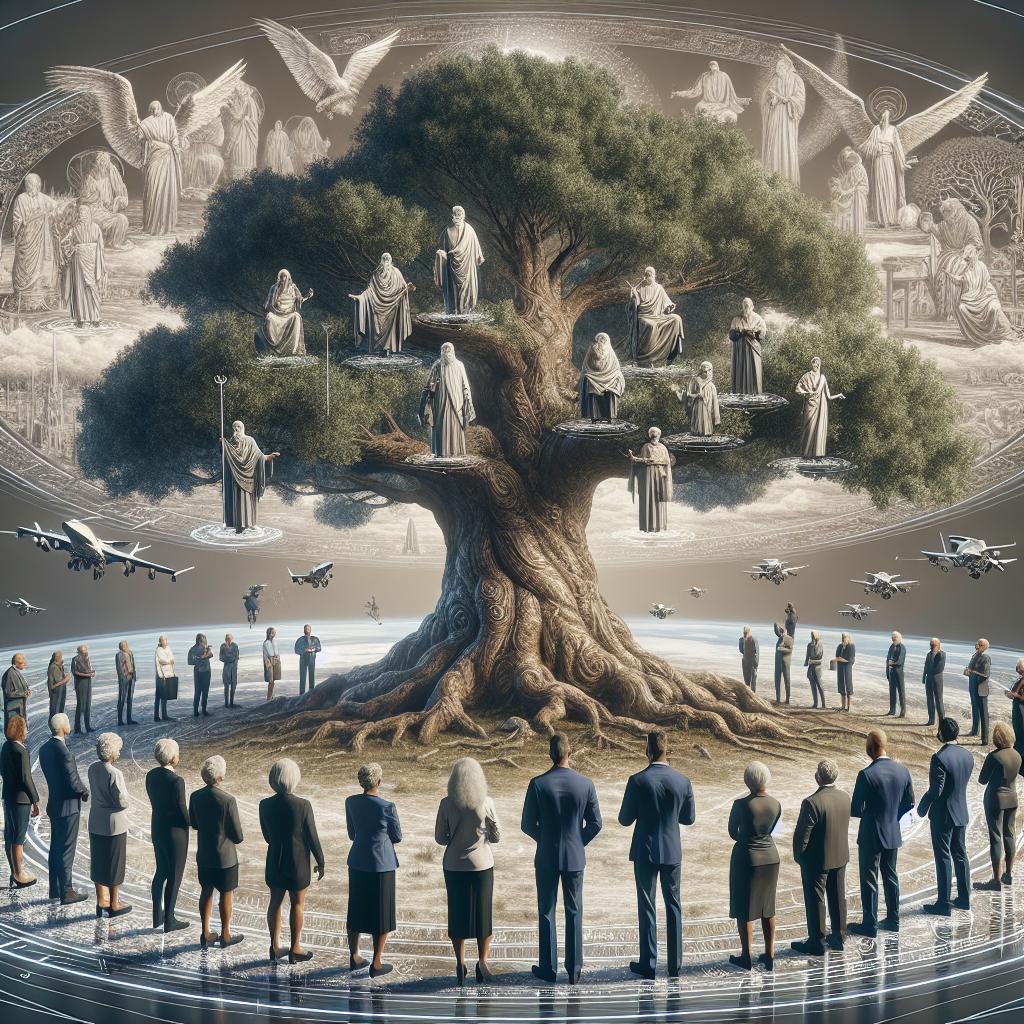
Crucial Challenges Facing Long-Age Christians: Navigating the Future with Faith
Published: 25 September 2024
The Future: Some Issues for Long-Age Christians
Introduction
In discussions about creation vs evolution, one aspect that is often overlooked is the far-distant future. This poses significant challenges for Christians who believe that the earth is millions or billions of years old. Scientists predict that the universe will eventually reach a state of "heat death," where all energy is evenly distributed and life ceases to exist. This prognosis aligns with the Second Law of Thermodynamics, which states that usable energy decreases over time. However, Christians believe that God will intervene before this bleak future comes to pass.
Issue 1: Timeframe for Creation
Long-age Christians who accept the idea of billions of years for the creation of the earth face a dilemma when it comes to the duration of God's future creative acts. If they insist that God took billions of years to create the present heavens and earth, how long do they allow Him to create the new heavens and new earth? The Bible clearly states that God will create new heavens and a new earth in which righteousness dwells. However, long-age Christians who adhere to secular beliefs about the past find themselves logically bound to secular notions about the future, which contradict what the Bible teaches.
Issue 2: Christian "Long-agers"
Since the 1800s, some Christians have tried to reconcile long-age views with biblical beliefs. Four common ways in which Christians incorporate billions-of-years into the Bible are:
- Theistic evolution: God initiated the big bang and guided evolutionary processes to bring about human existence.
- Progressive creation: Each "day" of Creation Week represents an indefinite period of time, such as hundreds of millions of years.
- Gap theory: This theory proposes a time gap of millions or billions of years between Genesis 1:1 and 1:2.
- Framework Hypothesis: It suggests that Genesis 1 was never intended to convey scientific truth or literal history but serves as a literary device to teach a theology of the Sabbath.
These attempts to harmonize long-age views with biblical beliefs are problematic because they rely on secular understandings of time and history rather than taking the Bible as a reliable historical account.
Issue 3: The Future According to the Bible
Long-age Christians who accept billions of years in the past often let those notions shape their interpretation of Genesis. However, if they are consistent, they must also embrace secular long-age ideas about the future. This conflicts with what the Bible teaches about the future. The Bible not only predicts the disappearance of the heavens and earth with a roar and by fire but also promises that God will create new heavens and a new earth where righteousness dwells. Progressive creationists, theistic evolutionists, and other long-age Christians must grapple with how long it took God to create the present heavens and earth if they insist on billions of years. The inconsistency arises when they limit God's creative acts in the future while extending them indefinitely in the past.
Why This Matters
Understanding and grappling with these issues is crucial for Christians who hold to a young-earth creationist perspective. It helps maintain consistency in interpreting Scripture and aligning beliefs with biblical teachings. Acknowledging the implications of long-age views on both past and future events allows believers to critically evaluate their understanding of God's creative acts and His promises for the future.
Think About It
- How does accepting long-age views impact your understanding of biblical teachings about creation and the future?
- Do you believe it is possible to reconcile billions of years with a young-earth creationist perspective? Why or why not?
- What significance does the future hold for your faith? How does it shape your perspective on life and eternity?
In conclusion, considering issues related to the future is essential for Christians who hold to a young-earth creationist perspective. It challenges long-age Christians to reconcile their beliefs about the past with their understanding of the future as described in the Bible. By critically evaluating these issues, believers can deepen their understanding of God's creative acts and His promises for the future, ultimately strengthening their faith in Him.
